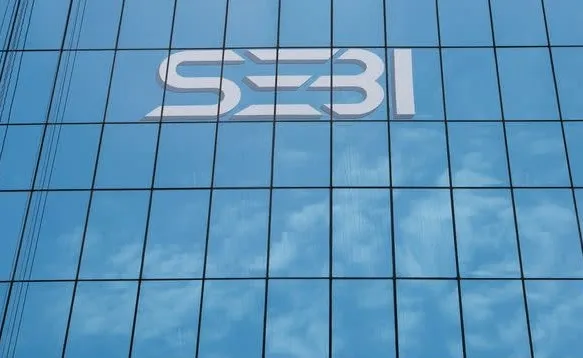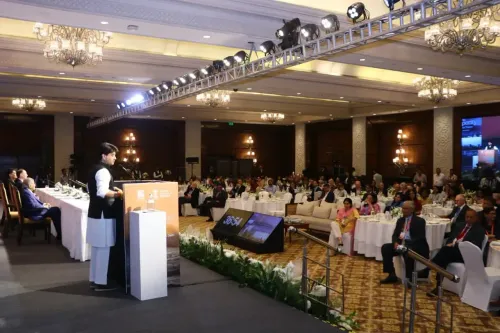Is SEBI Introducing AIF Schemes Only for Accredited Investors?

Synopsis
Key Takeaways
- SEBI proposes AIF schemes for accredited investors only.
- Relaxed regulatory framework compared to traditional AIFs.
- Potential exemptions from maintaining pari-passu rights.
- Extended scheme tenure up to five years.
- No cap on the number of accredited investors.
Mumbai, Aug 9 (NationPress) The Securities and Exchange Board of India (SEBI) has put forward a new alternative investment fund (AIF) scheme that will be accessible solely to "accredited investors".
These exclusive AIF schemes can take advantage of "a lighter-touch regulatory framework compared to a standard AIF," as stated in a SEBI release.
Accredited investors are individuals or companies that satisfy SEBI's specified wealth, net worth, and income criteria. For sole proprietorships, HUFs, and Family Trusts, an annual income minimum of Rs 2 crore or a net worth of at least Rs 7.5 crore with Rs 3.75 crore in financial assets qualifies them for accredited investor status.
Accreditation is granted by a SEBI-recognized agency, such as a stock exchange or depository subsidiary (CDSL Ventures Limited), based on these criteria, financial assets, and investment experience.
SEBI's recent consultation paper suggests a gradual shift from the conventional minimum commitment threshold (currently Rs 1 crore per investor) to using only accreditation status as a measure of investor sophistication in AIFs. Stakeholders are invited to share feedback on these proposals until August 29.
Under the proposal, during this transition phase, both metrics would be in place, allowing AIFs to launch specialized schemes open exclusively to accredited investors.
SEBI has indicated that multiple relaxations for "accredited investor-only" schemes are being considered. For instance, AI-only schemes could be exempted from the requirement of maintaining pari-passu rights among investors, provided each investor waives this requirement.
Additional advantages include an extended tenure, where the scheme's duration may be prolonged up to five years, pending approval by two-thirds of the investors by value in the fund.
Furthermore, these schemes will benefit from a “certification waiver,” allowing key investment team members to be exempt from the mandatory NISM certification, given the investors' capacity to conduct independent due diligence.
Notably, there will be no cap on investors for such schemes, enabling them to surpass the existing limit of 1,000 investors per scheme.
In the case of an accredited investors-only fund, the duties and responsibilities assigned to the trustee of an Alternative Investment Fund concerning these regulations will be managed solely by the manager of the fund, as per the markets regulator.
Although the current number of accredited investors is modest, SEBI anticipates growth due to recent regulatory modifications. SEBI is also contemplating several initiatives to augment the number of accreditation agencies, stimulate competition, and simplify the accreditation process.
IANS
aar









